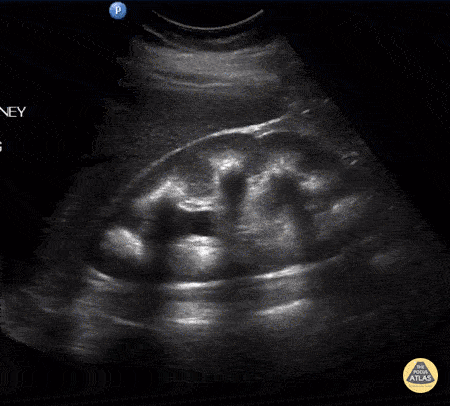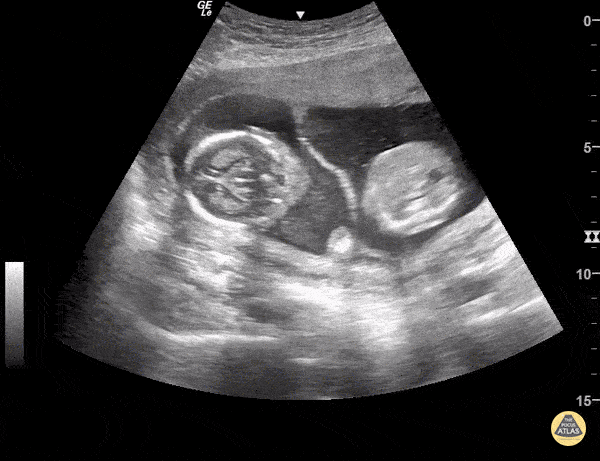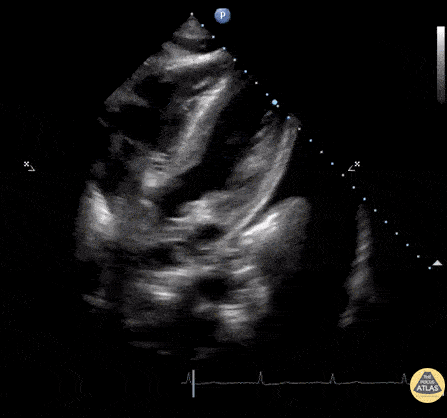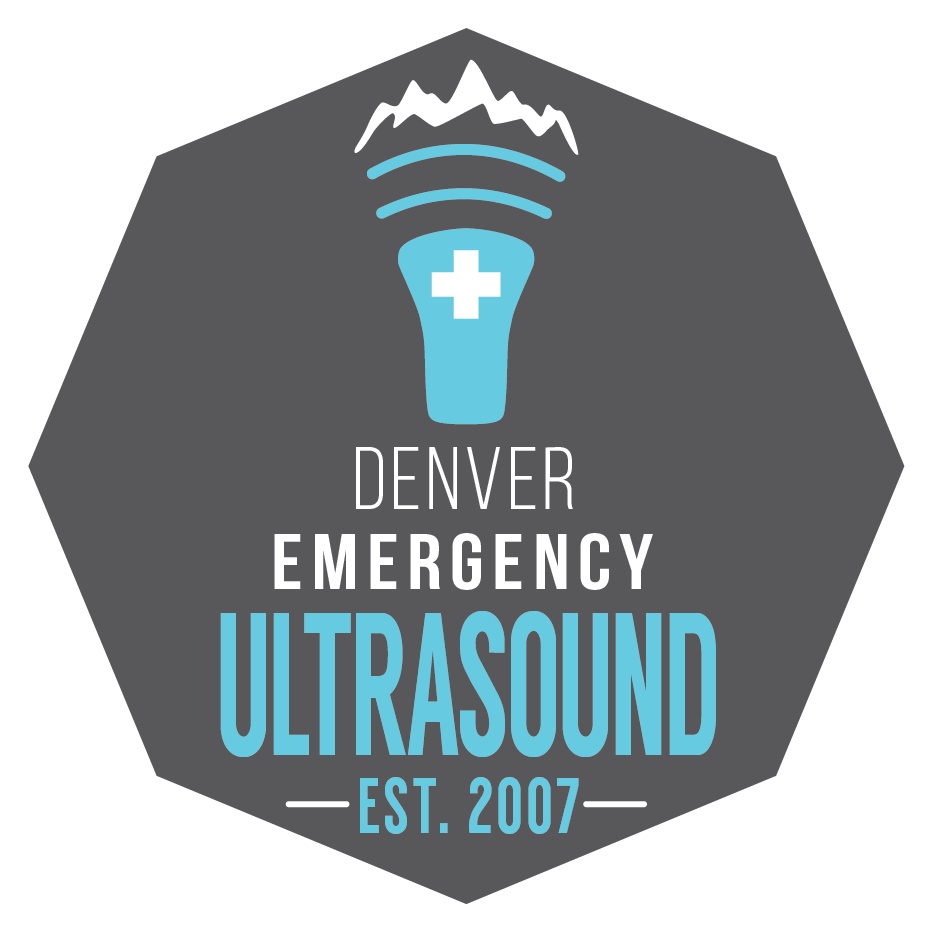
Denver Health Intern Curriculum
-
Self-Driven Rotation
This is an extremely self-driven educational experience. We know you are all strong adult learners, and we expect you to work hard to make the most of this rotation. In order to maximize your learning experience, we have provided online modules with rich multimedia that should appeal to learners of all types. It is imperative that you take responsibility for reviewing all recommended readings and online resources prior to meeting with us.
-
Online Modules / Butterfly Academy
These educational modules are due by the end of week 2, but we recommend trying to complete them before or during your first week, as they will let you hit the ground running, and help you in your daily clinical practice.
If you only complete the first half week 1, see the educational goals below to see which modules to take first.
You can find them by logging into dhha.butterflynetwork.com using your SSO login as instructed in orientation. At the top right of the screen, click “Education” > “Educational Content.” Click the Butterfly Academy link to start completing your assigned courses!
-
Orientation and Scanning Shifts
An ultrasound fellow will meet with you and give a brief review of the ultrasound topic(s) for your week. They will also orient you to the machines and how to upload.
Please email your fellow to arrange the schedule if you haven’t already heard from them. Their schedule is HERE.
You are expected to scan everyday of your rotation. Typically 2 of these days will be supervised by a fellow and the rest should consist of independent scanning.
When scanning without fellows, please prioritize educational scans rather than asking clinical teams to supervise you. You’re also encouraged to time your scan shifts when POCUS faculty/fellows are working clinically (Riscinti, Toney, Le, Milgrim, Thiessen, Alsharif, Siegel, Pospishil, Ayres, Prasher). Faculty schedules are here.
See instructions for how to decide whether to do a clinically indicated scan or educational scan, and how to do each. PLEASE READ BEFORE SCANNING WITHOUT A FELLOW.
-
Goal for the Rotation: 200 Scans
We expect you to record 200 scans during your two weeks of rotations.
The goal for each week is 100 scans. This means 100 “exam types” or organ systems which could be on far fewer patients than this.
See educational goals below for the focus of each of your 2 weeks.
Example strategy: FRAGLE each patient - (e)FAST, renal (same view but in two planes), aorta, gall bladder, lung (already done in the eFAST), echo (did subxyphoid as eFAST, just pursue other echo views). This is default 6 organ systems plus anything extra you may do… like the IVC. Each exam type tagged on butterfly will count as a point!
-
Thursday Conference
Every Thursday you will join us for conference with the fellows and tape review. This is mandatory and occurs on Thursdays at 12-5 pm (601 Broadway, room 404).
Expectations:
Come in person for video review (we’ll discuss your scans and other departmental image review).
Attend lecture and scan with ultrasound faculty after the lecture to solidify knowledge.
-
Friday Sim Lab Training
The first Friday of your first US week, we take you to the Denver Health Sim Lab to practice ultrasound guided procedures from 9a-12p!
Make sure to log any procedures in MyTipReport!
-
POCUS Pearl
You will develop POCUS pearl about a topic you find interesting, or a great catch that is identified during image review. Your post will be featured on the Ultrasound Website. It should highlight interesting techniques, examples or tutorials about. Use relevant literature as you see fit!
You can find a template and further details for developing your pearl here
Here is a list of previously published pearls and ideas for future pearls
Please submit your draft to this folder and to your supervising fellow
-
Scan Breakdown
The intern with the highest total will win a prize at the residency award ceremony! Aim to hit each of the following scan types.
FAST/EFAST: 25
Lung: 25
Cardiac: 25
IVC: 10
Gyn/TAUS/TVUS/Pelvic: 20
Soft tissue/abscess: 10
Aorta: 10
Biliary: 10
Renal: 10
Bladder: 5
Ocular: 10
Nerve Blocks: 10
Vascular Access/Procedural Guidance: 10
Other: 20 (PTA, DVT, appy, SBO, anything not mentioned)
Week 1 Educational Goals
-

Overall Goal: Resuscitative US
Master point-of-care ultrasound in the critically ill. Integrate echo, lungs, IVC and eFAST into the evaluation of the critically ill and dyspneic patient.
-

Trauma
Become fluent in performing and interpreting the eFAST exam.
-

Cardiac
Understand the basics of echocardiography anatomy and physiology. Master the essential evidenced-based, clinical questions that we can answer instantly at the patient’s bedside. Integrate these concepts by understanding the cardiac physiology of the critically ill.
-

Lung
Rapidly and accurately narrow the differential in the acutely dyspneic patient. Integrate lung ultrasound with resuscitation strategies.
-

IVC
Understand how IVC may serve as a surrogate for preload in various shock states.
-

Venous Access
Understand the fundamentals of procedural guidance, especially for peripheral and central venous access.
Week 2 Educational Goals
-

Overall Goal: Diagnostic and Integrative Ultrasound
Integrate diagnostic ultrasound into your workflow to change management and facilitate patient throughput.
-

Aorta
Image acquisition and interpretation of can’t miss diagnoses of the aorta.
-

Renal
Diagnostic integration of the renal system utilizing ultrasound.
-

Hepatobiliary
Master key image acquisition and interpretation in the evaluation of RUQ pain and the hepatobiliary system.
-

OB/Gyn
Confirmation of intrauterine pregnancies and the evaluation of unstable pregnant patients. Basic techniques of fetal dating.
-

RUSH
Master shock states and key components of the RUSH exam. This will unite all of the specific goals of the rotation.
Sample schedule
Additional Resources
While we strongly recommend the educational modules, these other extremely high-yield educational resources have been vetted by the ultrasound team:
The POCUS Atlas
https://www.thepocusatlas.com/ Ultrasound image library and education platform demonstrating core ultrasound images including normal, abnormal images, and rare diagnoses
The Evidence Atlas
https://www.thepocusatlas.com/ea-home - From The POCUS Atlas - Concise EBM reviews for Core Ultrasound questions
The Evidence Atlas App
https://www.thepocusatlas.com/ea-app - Evidence Atlas app for iOS and Android
Ultrasound GEL
https://www.ultrasoundgel.org/ - Gather the Evidence from the Literature - Podcast with in Depth Evidence Reviews
5 Minute Sono
https://www.coreultrasound.com/5ms - 5-10 Minute instructional videos on image acquisition and interpretation
Introduction to Bedside Ultrasound
Volume 1 and Volume 2 (iBooks) - great fundamental reading and background for specific questions
Pocus 101
https://www.pocus101.com/ - A great online resource for diving into POCUS topics

